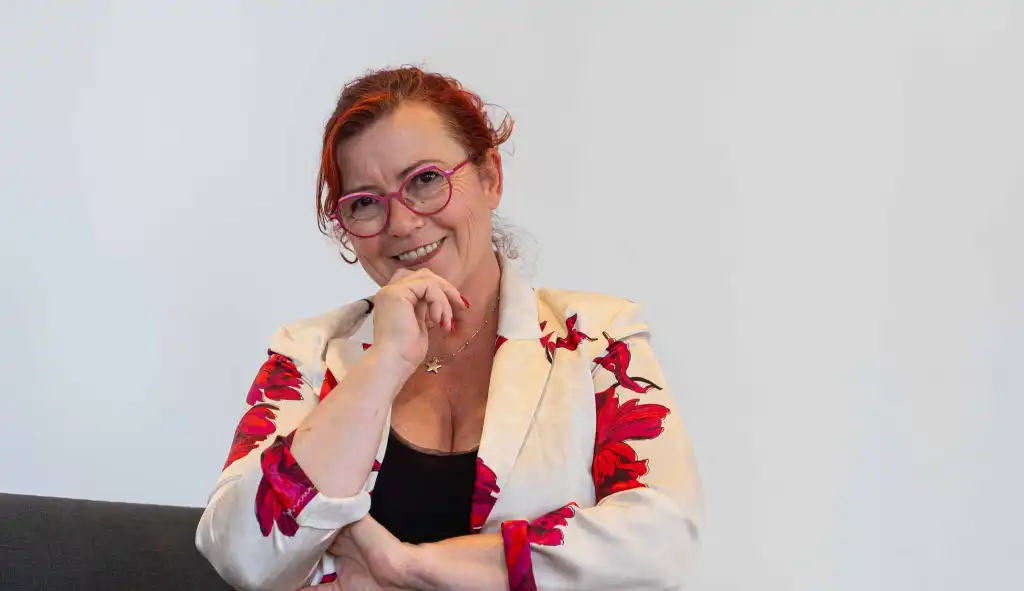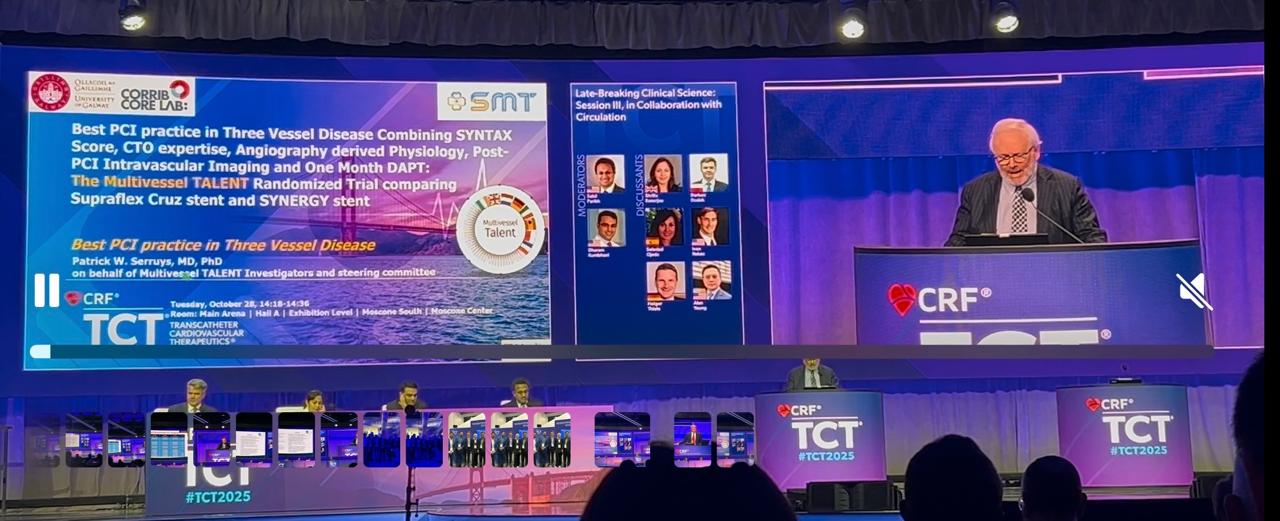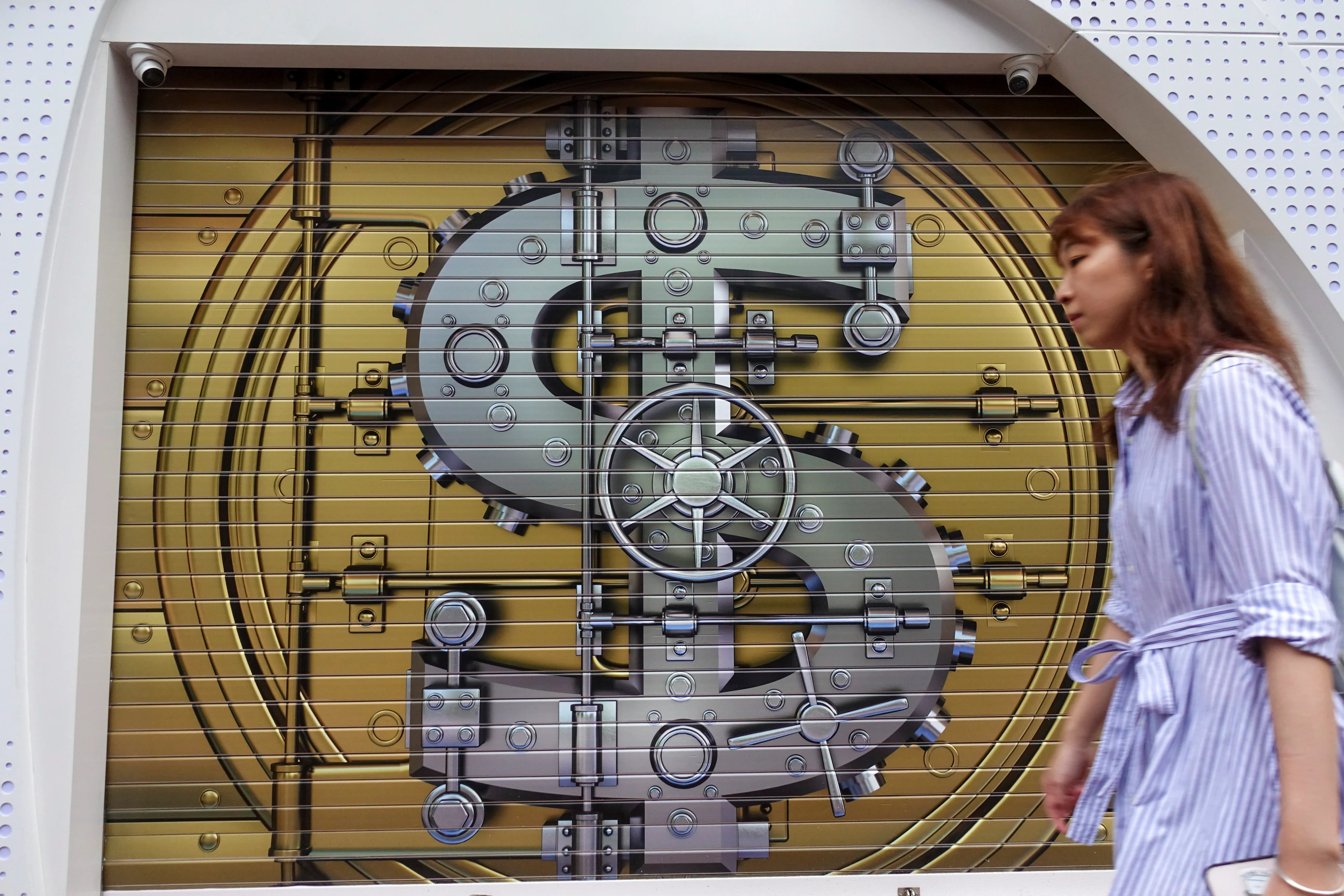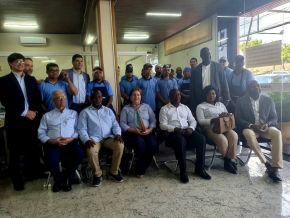Copyright computerworld

In fact, Grima does not hesitate to label some algorithms “works of art.” This is the case with Fast Fourier Transform, or FFT, which has countless applications in everyday life: from image and audio processing to the optimization of wireless networks or its use in the fields of scientific and medical measurement and analysis. Or Google’s algorithm, which “should be in museums, because it is a marvel that with very simple mathematics, it does what it does.” There are also other algorithms that allow the calculation of shortest paths, which we always think of in terms of logistics and business, but they are also used in the distribution of humanitarian aid.” Or those on which cryptographic systems are based that allow information to travel securely when accessing a banking app. These are a few of several examples that Grima champions “because they are beautiful from a mathematical point of view and because they are very useful for many things in our lives.” The need for mathematical talent One of the biggest problems in today’s tech ecosystem is attracting tech talent, which largely comes through training in mathematics. The negative perception of algorithms also plays a role here, Grima reflects. “Children enter school, and even before studying math, many already have math anxiety,” she explains. “If we further increase their fear by portraying it as malevolent, it only intensifies that anxiety.” The problem is no longer limited to that early stage of education; it persists into high school and affects university aspirations. “The job market, with all the artificial intelligence and the revolution we’re experiencing, needs many people who know math. So, this math anxiety can ultimately lead to our children being excluded from the workforce,” she continues. That is all-the-more reason to advocate for a positive view of algorithms, “besides appreciating their beauty, their usefulness, and the mathematical language and concepts that always accompany them.” Also to link this discipline to everyday life, because “the basis of all science and technology is always mathematics.”



